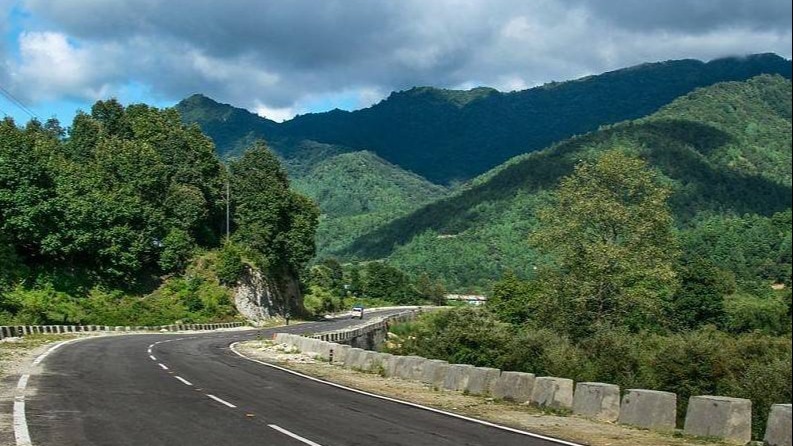India Stands Firm Against China’s Renaming of Arunachal Pradesh
Reported by Deeksha
In a recent development, India has firmly rejected China’s attempt to rename approximately 30 places in Arunachal Pradesh, located in the northeastern Himalayan region. Describing the move as “senseless,” India reiterated its stance that Arunachal Pradesh is an integral part of the country.
China, however, claims Arunachal Pradesh as part of its territory, referring to it as Zangnan or South Tibet. This claim has been consistently dismissed by India. Last year, tensions escalated when China assigned Chinese names to 11 locations in the state.
The disputed region has been a recurring point of contention between the two Asian nations, particularly since a violent border clash in the western Himalayas in 2020. Despite minor scuffles between troops in December 2022, tensions have somewhat eased following extensive military and diplomatic dialogues.
China defended its actions, stating that it standardized the names in accordance with its regulations on place name management. However, India’s foreign ministry spokesperson emphasized that assigning invented names does not change the reality of Arunachal Pradesh being an integral part of India.
Indian Foreign Minister Subrahmanyam Jaishankar denounced the renaming, drawing a simple analogy: “If I change the name of your house, does it become my house?” He stressed that changing names would not alter the territorial status.
Recent developments also saw China expressing opposition to Indian Prime Minister Narendra Modi’s visit to Arunachal Pradesh to inaugurate infrastructure projects. India dismissed these objections as baseless.
The United States also weighed in on the issue, affirming its recognition of Arunachal Pradesh as Indian territory and strongly opposing any unilateral attempts to claim it. China rebutted, asserting that the matter does not concern the U.S.
The longstanding border dispute between India and China spans over a poorly demarcated 3,800 km border, where a bloody war erupted in 1962. In 2020, clashes resulted in casualties on both sides, leading to increased fortification and troop deployments along the border.





